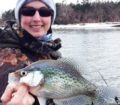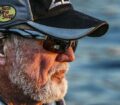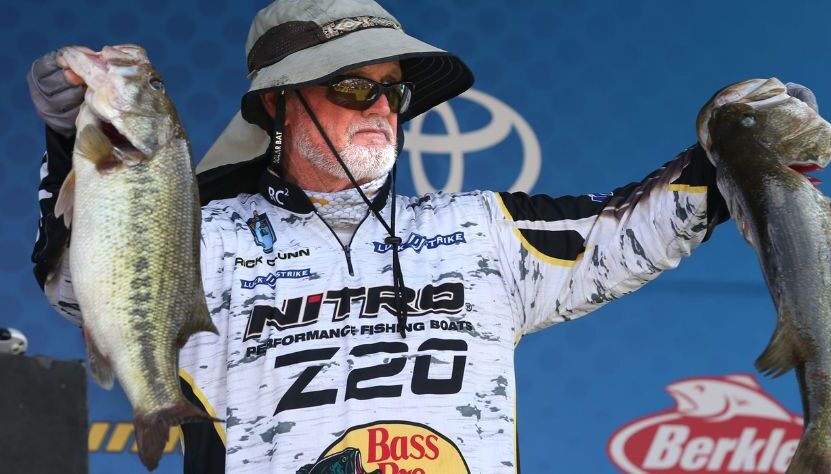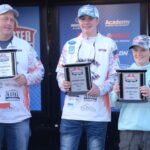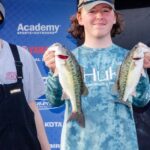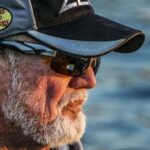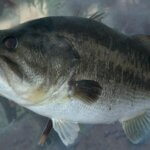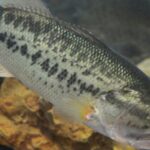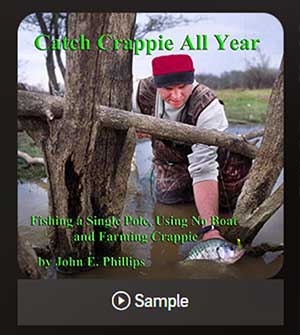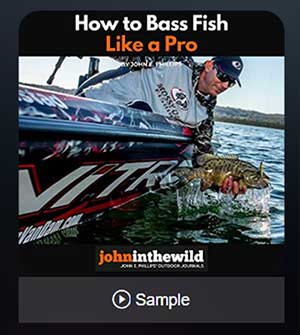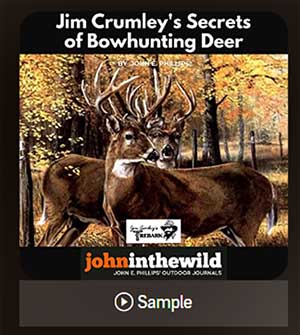Editor’s Note: Rick Clunn of Ava, Missouri, has been a bass pro for 46 years, has won four Bassmaster Classics, has been Angler of the Year and has earned about $3 million in tournament bassing. Twenty five of today’s bass-fishing professional name Clunn as the man most admired in bass fishing. “When I asked longtime legendary angler Rick Clunn what was the biggest change he’d seen in tournament bass fishing, he answered, ‘It’s the influx of high school and college tournament fishermen,’” John E. Phillips, outdoor writer, says. “Clunn explained that, ’I guess the reason that’s such a big deal is because I never saw that trend coming.’” Part of this week’s information is from an interview with Clunn.
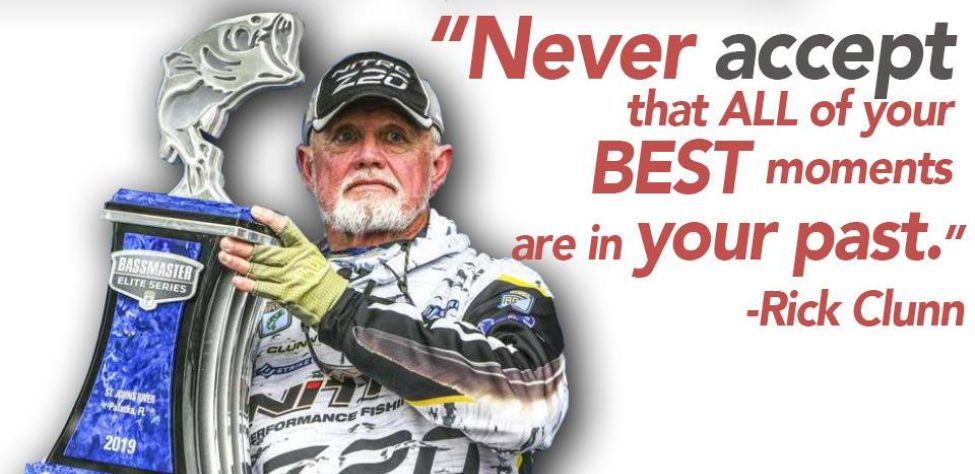
When I began my tournament-fishing career, we didn’t have Little League type groups in which young fishermen could participate, like football, baseball and golf did. There were no programs for young bass fishermen like we have today.
The first time I heard about young people fishing tournaments was from an outdoor writer in Illinois. Many problems had come from this because schools felt like tournament bass fishing negatively would affect high school athletes’ amateur status. But when everyone finally got past that hurdle, high-school tournament bass fishing seemed to explode. Then colleges began to get involved and formed teams. Today we even have tournament bass fishing in elementary schools.
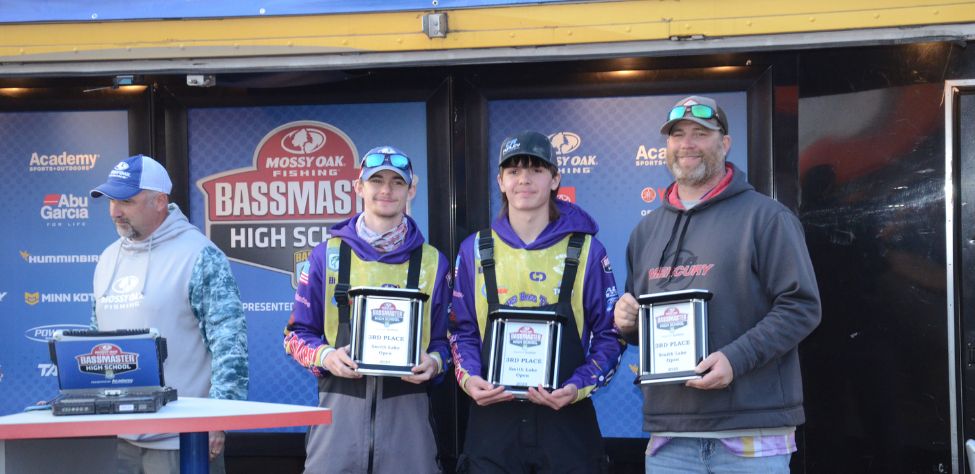
All these different forms of tournament fishing for young people created a completely-different angler than the fishermen I grew up with and competed against as an adult. For instance, I didn’t start tournament fishing until I was 26-years old. However, today, young people are beginning to compete in tournament bass fishing at 6-years old. If those kids continue in the sport of bass fishing, they’ll have almost 20 years of tournament experience before they ever join the professional bass-fishing circuits. So, the quality of tournament bass fishing will be 100% better than when I started bass fishing.
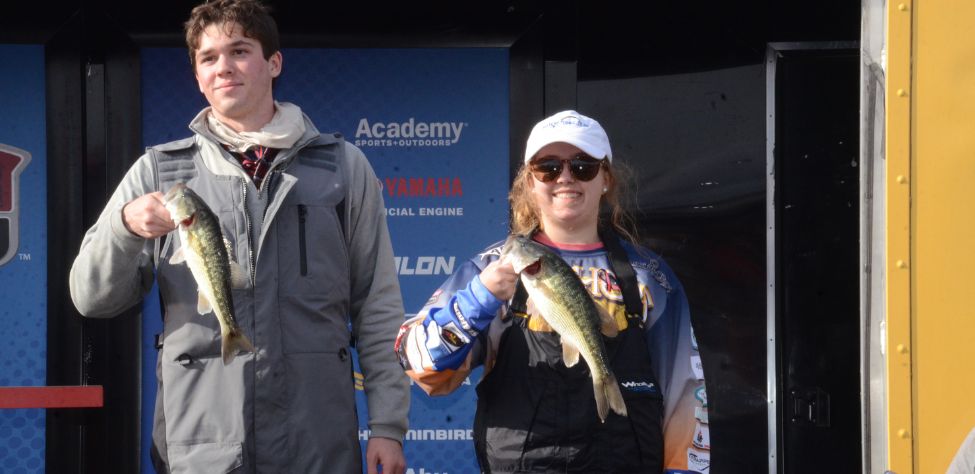
Often when these young people with 20 years of experience show up at bass tournaments, they’ll kick the old pros’ butts. These young people begin bass fishing competitively in elementary school, graduate from college and then fish the professional circuit. After my third year of fishing against these college anglers, I realized that we old pros never have had this quality of anglers to compete against before. There may be four or five older tournament anglers who can compete successfully against these young high school and college kids. The rest of the older pros don’t have a chance.
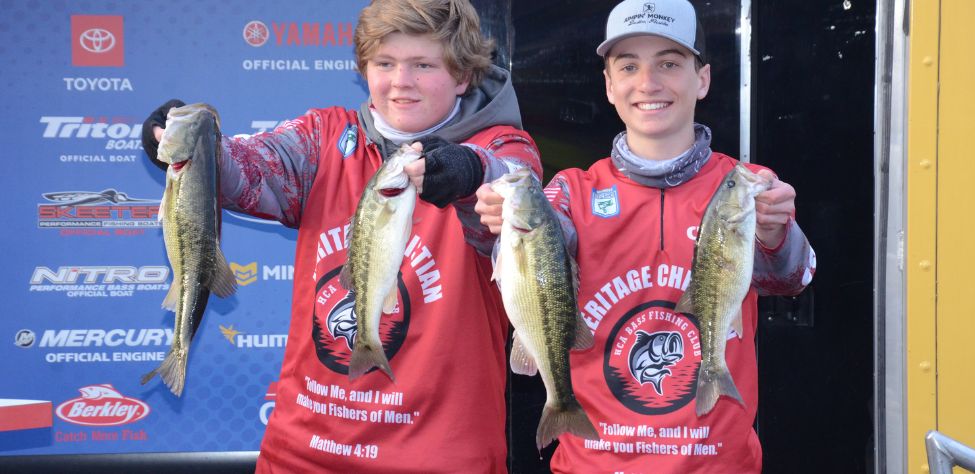
For instance, few older bass-fishing pros would have thought of using electronics to find, follow and catch bass swimming out in the middle of the lake. Nobody ever would have believed that was possible. Back then we were working off of theories, not actual science for the most part. To compare old tournament fishermen to the new tournament anglers, us older fishermen still would be thinking like skeptics thought years ago that the earth was flat. But these younger anglers know and realize that the earth is round. They also know that there are as many, if not more, free-swimming bass out in the middles of lakes following schools of bait than we ever have thought possible.
Looking for more content? Check out our YouTube channel and watch “How to Rig Live Bait Fish for Smallmouth Bass in a Tailrace” with Brian Barton by John E. Phillips.
Expert Guidebooks on Bass Fishing: Best Sellers

If you want to become the best you can be, find someone who’s already become the best at what you want to do and follow his or her instructions. This is what I’ve done in my new book, Bass Pros’ Season by Season Tactics.
In this book, I’ve chosen some of the best bass fishermen to give you advice on how to find and catch bass during each period of a bass fish’s life, including professionals like Kevin VanDam, Denny Brauer, David Fritts, Rick Clunn, Larry Nixon, George Cochran, Mark Davis, Woo Daves, Gary Klein, Davy Hite, Michael Iaconelli, Skeet Reese, Mark Rose, and Shaw Grigsby.
My hope is that this book will help you find and catch more bass at every time of the year and each day you’re on the water. The men included in this book are some of the best mentors I know of for successful bass fishing anywhere in the nation.
VERSIONS: AUDIBLE & PRINT
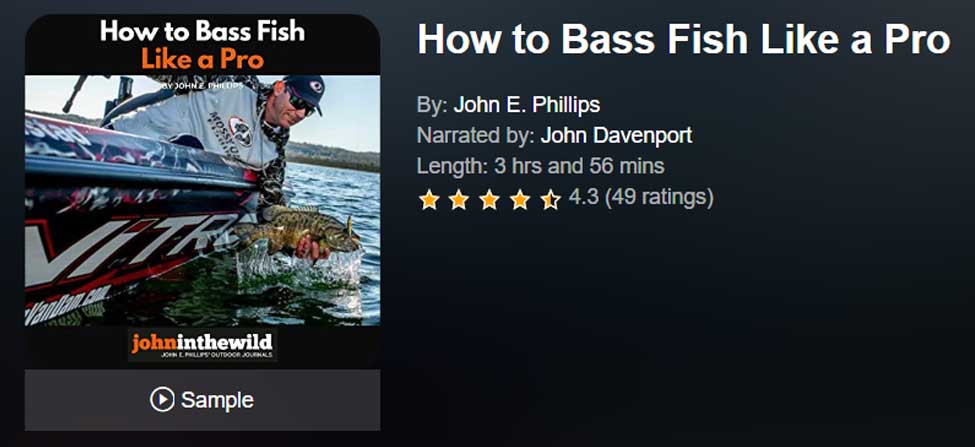
How to Bass Fish Like a Pro
If you could sit down and interview some of the best pro bass fishermen in the world, what would you want them to tell you to help you improve your bass fishing skills?
In this book, How to Bass Fish Like a Pro, Kevin VanDam explains how he catches bass consistently, and how he fishes all 12 months of the year. In the bonus chapters, he will tell you how to fish for hot-weather bass.
Denny Brauer will tell you the ways he hates to fish, how he picks the best fishing lures for different water and weather conditions, and will give you his best fishing tips for hot weather. In Brauer’s bonus chapters, he’ll teach you when to flip a jig, a tube, or a creature bait and tell you his three tips for how to be a better fisherman.
Mark Davis, in Chapter 3 of the book, explains his five secrets to becoming a better bass fisherman, how to turn your bass fishing around to the positive side, and how to catch hot-weather bass. In the bonus chapter, you’ll get six different interviews with Davis, where he tells you: three tips for becoming a better bass fisherman; his three favorite bass lures; and how to keep a big bass on the line and get it to the boat.
James Niggemeyer tells you how to become a bass pro. He also tells you how to catch bass when the weather sizzles. In Niggemeyer’s bonus chapter, he explains how to move from being a bass-club fisherman up to being a pro.
Mark Rose will explain his five favorite go-to bass lures, and how to catch bass in the middle of the summer.
In this book, you’ll hear from top-performing pro fishermen about how they catch big bass consistently, and what they do to win millions of dollars as professional bass fishermen.
VERSIONS: AUDIBLE, KINDLE & PRINT
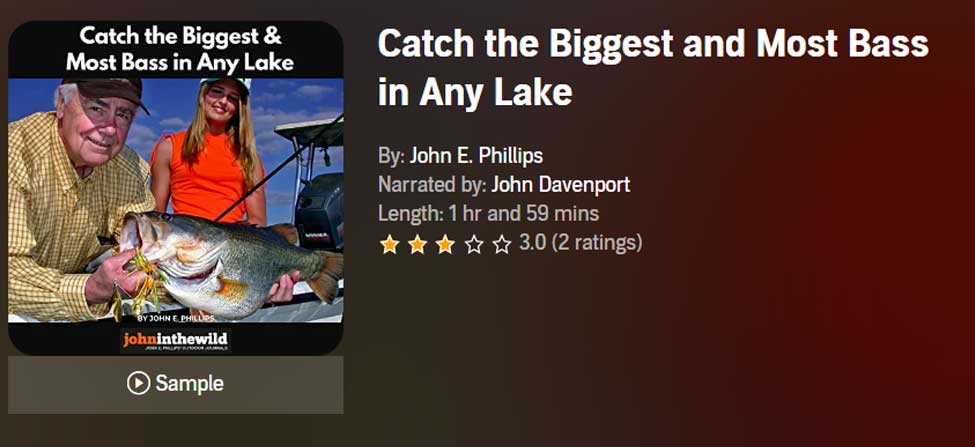
Catch the Biggest and Most Bass in Any Lake
If you were having open-heart surgery at the hospital, you’d want the best doctor with the most experience and the latest equipment and techniques that money could buy to do your operation. You’d study these doctors’ credentials to learn who was the best.
This is the same type of research that author John E. Phillips has done with the best bass fishermen in the nation to solve the problem of how to find and catch the biggest and the most bass in any body of water that he fishes.
This is the same type of research that author John E. Phillips has done with the best bass fishermen in the nation to solve the problem of how to find and catch the biggest and the most bass in any body of water that he fishes.
In this book, you’ll hear about the techniques, tips, baits, lures, and tackle that 18 of the nation’s best professional fishermen use to support their families by winning bass tournaments and catching the most and the biggest bass they can in every tournament they fish.
Most of these anglers are Bassmaster Classic winners, Megabucks winners, Angler-of-the-Year and FLW Tour winners – like Rick Clunn, Kevin VanDam, George Cochran, Mark Davis, Paul Elias, Skeet Reese, Larry Nixon, Hank Parker, Ken Cook, Denny Brauer, Alton Jones, and Jay Yelas.
Also, every serious bass fisherman should know Timmy Horton, Mark Rose, Randy Dearman, Harold Allen, Mike Wurm, and Shaw Grigsby, men whose tactics you’ll find in this book. To learn how to fish for bass and change your bass-fishing trips from fishing trips to catching trips, this book is a must-have.
VERSIONS: AUDIBLE, KINDLE & PRINT
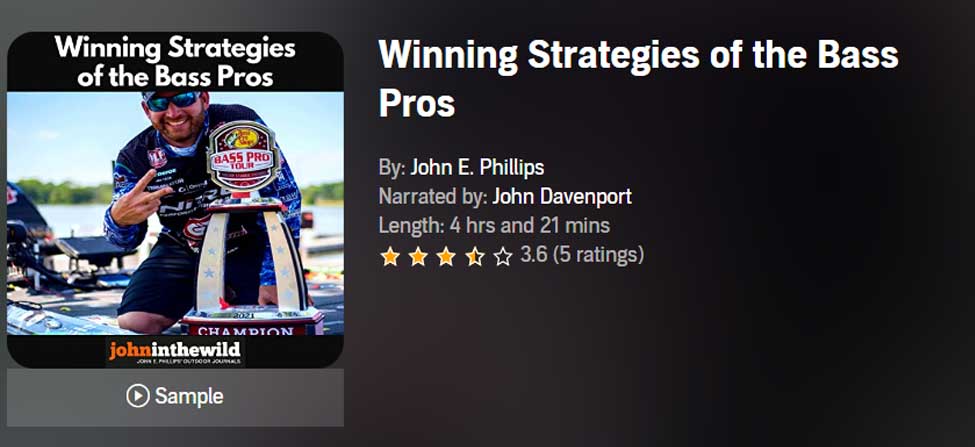
Winning Strategies of the Bass Pros
I learned many years ago if you want to be the best you can be, then you need to learn from the best – particularly when you want to be the best bass fisherman possible. That’s why I’ve written Winning Strategies of the Bass Pros about 11 top bassers.
If you’re wondering at what age you can start learning about bass fishing, you’ll see in the first two chapters about two young men who have come up through the ranks of collegiate bass tournaments – Jordan Lee, who won the Bassmaster Classic in 2017, and Dustin Connell, who won $100,000 in a B.A.S.S. Elite Series tournament in Mississippi in 2017. Top-name pros on both the B.A.S.S. circuit and the FLW circuit are in this book, including Kevin VanDam, Jay Yelas, George Cochran, Rick Clunn, Larry Nixon, Woo Daves, Randy Howell, Scott Canterbury, and Gary Klein.
VERSIONS: AUDIBLE, KINDLE & PRINT
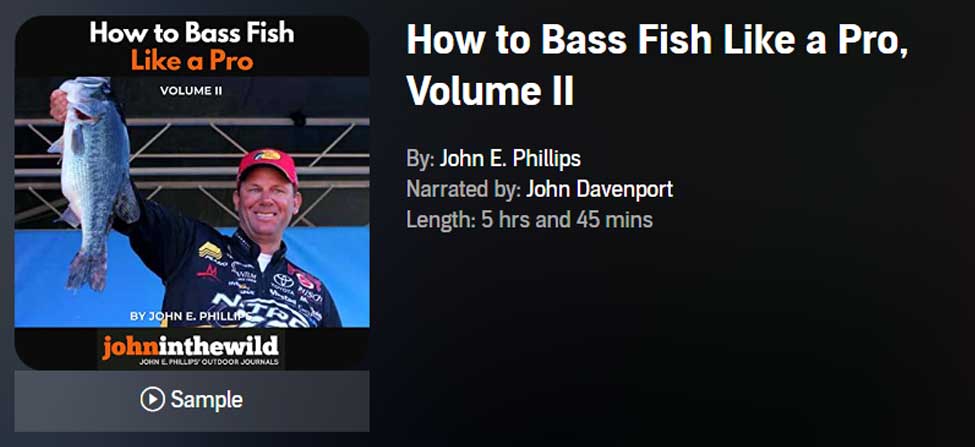
In How to Bass Fish Like a Pro, Volume II, you’ll learn tips and tactics from 21+ Bassmaster Classic winners, two Major League Fishing champions, and 20+ Bassmaster Anglers of the Year about some of the dramatic changes in bass fishing, like:
Depth Finders: You need the latest and greatest depth finders available, since they’re the brains of a bass boat with maps, GPS, side scanning, down scanning, and forward scanning features that enable you to see underwater structures and fish 100-feet away with a 360-degree view. Today’s competitive bass anglers may have four or five depth finders located on the consoles and the bows of their boats.
Other Changes in Equipment: Power fishing for bass using heavy line and rods, big baits, and bait-casting reels that resemble winches have given way to finesse fishing and new techniques like fishing the Ned Rig, the Neko Rig, the Chicken Rig, and the Tokyo Rig on spinning tackle and line as small as 6-10 pounds.
The Growth in Youth and College Competitions for Bass: A young person can begin competition fishing as early as the second grade and continue throughout high school. After that, if the competitor qualifies, he/she may win a scholarship to fish on a college team that eventually may lead them to a professional bass-fishing career.
Changes in the Ways Anglers Bass Fish: Many of the most-consistent winners never pick-up their rods to fish during pre-fishing. Instead, they’ll idle across the water, dropping waypoints from their electronics in places where they’ve identified schools of bass holding. These contestants will have at least 50-250 locations, where they’ve pinpointed schools of bass before a tournament starts.
VERSIONS: AUDIBLE, KINDLE & PRINT
Tomorrow: Rick Clunn Tells Bass Fishing History

